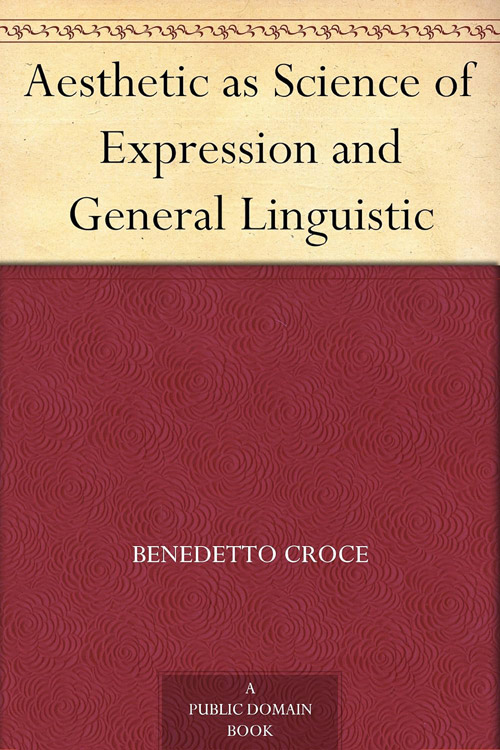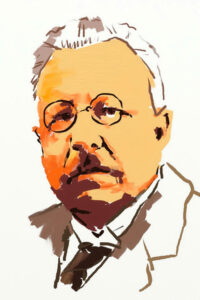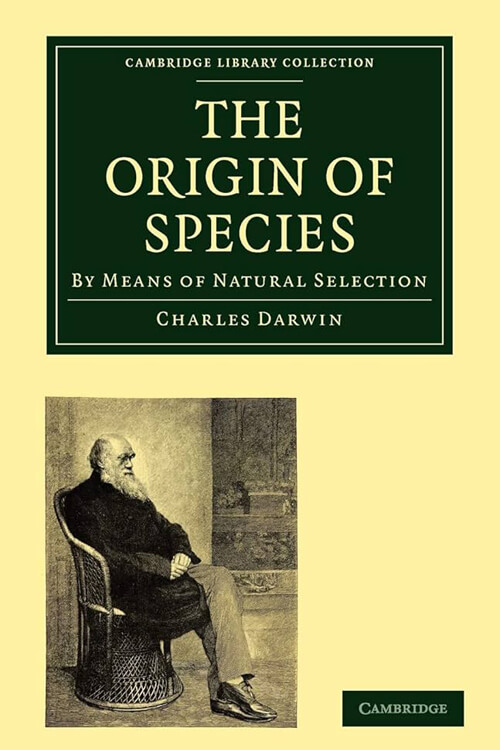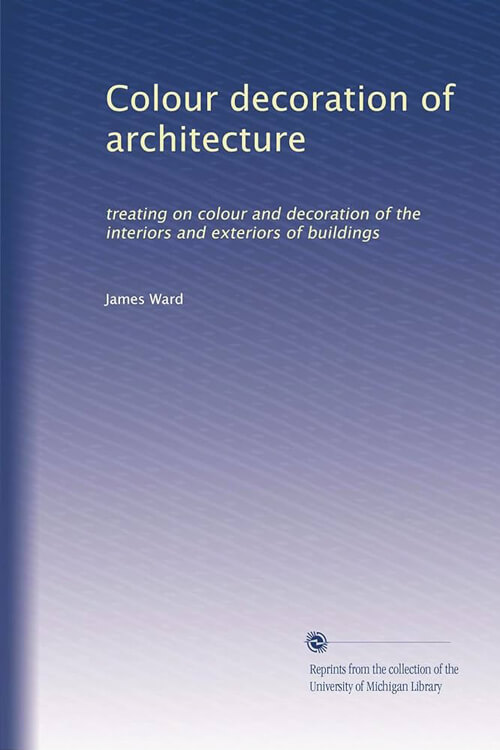
Aesthetic as Science of Expression and General Linguistic
Croce is far above any personal animosity, although the same cannot be said of those he criticizes. These, like d’Annunzio, whose limitations he points out—his egoism, his lack of human sympathy—are often very bitter and accuse the penetrating critic of want of courtesy. This seriousness of purpose runs like a golden thread through Croce’s work. The flimsy superficial remarks on poetry and fiction which too often pass for criticism in England (Scotland is a good deal more thorough) are put to shame by La Critica, the study of which I commend to all readers who read or wish to read Italian.
They will find in its back numbers a complete picture of a century of Italian literature besides a storehouse of philosophical criticism. The Quarterly and Edinburgh Reviews are the only journals that can be compared to The Critica, and they are less exhaustive on the intellectual side. We should add to this Mind and the Hibbert Journal to get even an approximation of the scope of the Italian review. Regarding Croce’s general philosophical position, it is essential to understand that he is not a Hegelian because he is a close follower of that philosopher. One of his last works deals masterly with Hegel’s philosophy. The title may be translated as “What is living and what is dead of the philosophy of Hegel.” Here, he explains to us the Hegelian system more clearly than that wondrous edifice was ever described, and we realize at the same time that Croce is entirely as independent of Hegel as of Kant, of Vico as of Spinoza.
Of course, he has used the best of Hegel, just as every thinker makes use of his predecessors and is, in his turn, used by those who follow him. However, it is incorrect to accuse Hegelianism of being the author of an anti-hegelian aesthetic, of a logic where Hegel is only half accepted, and of a philosophy of the practical, which contains hardly a trace of Hegel. I give an instance. If Hegel’s great conquest is a dialectic of opposites, his great mistake lies in the confusion of opposites with things that are distinct but not opposite.
Read or download Book
Benedetto Croce
Croce was born in Pescasseroli in the Abruzzo region of Italy.
Biography.
His family was influential and wealthy, and he was raised in a rigorous Catholic environment. Around the age of 16, he quit Catholicism. He developed a personal philosophy of spiritual life, in which religion cannot be anything but a historical institution where the creative strength of mankind can be expressed. He kept this philosophy for the rest of his life. In 1883, an earthquake occurred in the village of Casamicciola on the island of Ischia near Naples, where he was on holiday with his family, destroying their home. His mother, father, and only sister were all killed, and he was buried for a long time and barely survived. After the earthquake, he inherited his family’s fortune and—much like Schopenhauer—could live the rest of his life in relative leisure, devoting much time to philosophy as an independent intellectual writing from his palazzo in Naples.
He studied law but never graduated from the University of Naples while reading extensively on historical materialism. Professor Antonio Labriola publicized his ideas at the University of Rome towards the end of the 1890s. Croce was well acquainted with and sympathetic to the developments in European socialist philosophy exemplified by August Bebel, Friedrich Engels, Karl Kautsky, Paul Lafargue, Wilhelm Liebknecht, and Filippo Turati. Influenced by Neapolitan-born Gianbattista Vico’s thoughts about art and history, he began studying philosophy in 1893. Croce also purchased the house in which Vico had lived. His friend, the philosopher Giovanni Gentile, encouraged him to read Hegel. Croce’s famous commentary on Hegel, What is Living and What is Dead of the Philosophy of Hegel, was published in 1907.






